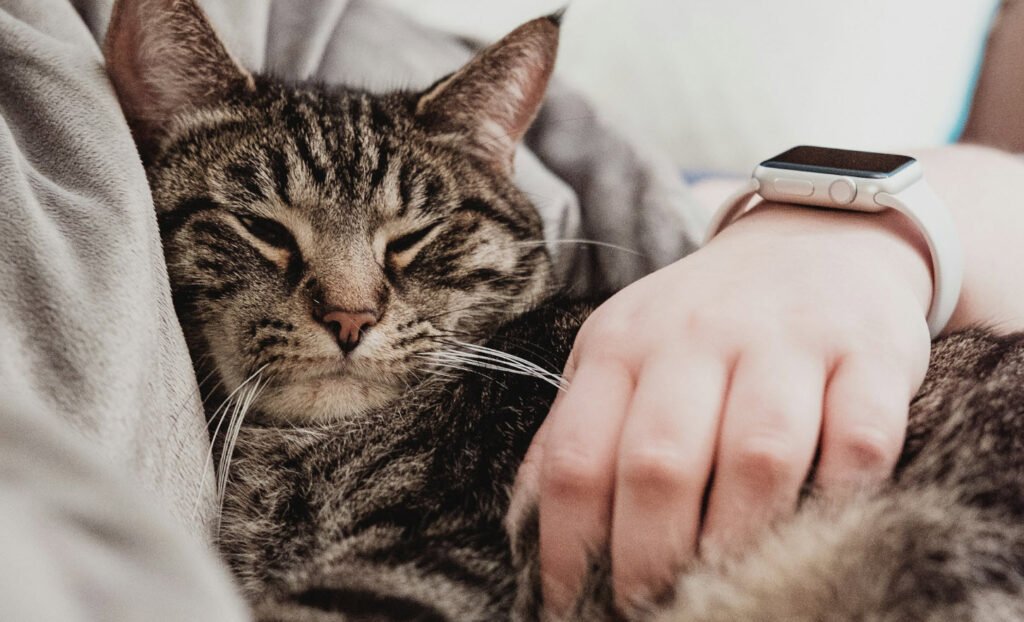Owning a pet is a rewarding experience, but it also comes with great responsibility. Many pet owners make common mistakes that can affect their pet’s health and well-being. Understanding these pitfalls and learning how to avoid them can help ensure your furry, feathered, or scaly friend lives a long and happy life.
Here are ten common pet care mistakes and how to prevent them.
1. Poor Nutrition Choices
One of the most common mistakes pet owners make is feeding their pets an improper diet. Many people give table scraps or low-quality pet food without considering the nutritional needs of their animals. This can lead to obesity, digestive issues, and long-term health problems.
How to Avoid It:
- Choose high-quality, species-appropriate food.
- Consult your veterinarian for dietary recommendations.
- Avoid feeding human foods that are toxic to pets, such as chocolate, onions, and grapes.
2. Neglecting Regular Vet Visits
Some pet owners only take their pets to the vet when they are visibly sick. Skipping routine checkups can result in unnoticed health issues that may become serious over time.
How to Avoid It:
- Schedule annual vet visits for vaccinations, dental checkups, and overall health assessments.
- Watch for signs of illness, such as changes in appetite, lethargy, or unusual behavior.
3. Lack of Proper Exercise
Many pet owners underestimate the importance of regular exercise. A sedentary lifestyle can lead to obesity, behavioral problems, and other health issues.
How to Avoid It:
- Provide daily exercise based on your pet’s breed and energy level.
- Engage in interactive play sessions and outdoor activities.
- Consider puzzle toys or agility training for mental stimulation.
4. Ignoring Dental Health
Dental hygiene is often overlooked, leading to issues like gum disease, tooth decay, and infections that can spread to other parts of the body.
How to Avoid It:
- Brush your pet’s teeth regularly using pet-safe toothpaste.
- Provide dental treats and chew toys designed to promote oral health.
- Schedule professional dental cleanings if needed.
5. Not Socializing Pets Properly
Socialization is crucial for pets, especially during their early development stages. Lack of exposure to different environments, people, and other animals can result in fearfulness or aggression.
How to Avoid It:
- Start socialization at a young age with positive experiences.
- Expose pets to different sounds, people, and other animals gradually.
- Enroll in obedience classes or structured socialization programs if needed.
6. Inconsistent Training and Discipline
Many pet owners fail to establish consistent rules, leading to confusion and behavioral problems. Some use harsh punishment, which can cause fear and anxiety.
How to Avoid It:
- Use positive reinforcement techniques such as treats and praise.
- Set clear, consistent rules and boundaries.
- Be patient and seek professional training help if necessary.
7. Not Providing Enough Mental Stimulation
Pets need mental engagement just as much as physical exercise. Boredom can lead to destructive behaviors such as chewing, excessive barking, or digging.
How to Avoid It:
- Provide interactive toys and puzzles.
- Teach new tricks and commands.
- Rotate toys to keep things interesting.
8. Forgetting Preventative Care
Preventative care, such as flea and tick prevention, heartworm medication, and vaccinations, is essential for keeping pets healthy.
How to Avoid It:
- Follow a veterinarian-recommended schedule for vaccinations and parasite prevention.
- Keep up with grooming to check for ticks, fleas, or skin issues.
- Maintain a clean environment to reduce the risk of infections.
9. Leaving Pets Alone for Too Long
Many pet owners underestimate the impact of prolonged isolation on their pets. Loneliness and boredom can lead to separation anxiety and destructive behaviors.
How to Avoid It:
- Ensure pets receive adequate social interaction and companionship.
- Consider hiring a pet sitter or using a daycare service if you’re frequently away.
- Provide entertainment, such as toys and background noise, to ease anxiety.
10. Not Preparing for Emergencies
Many pet owners do not have a plan in place for emergencies, such as natural disasters, sudden illnesses, or lost pets.
How to Avoid It:
- Have a pet emergency kit with food, water, medications, and essential supplies.
- Keep identification on your pet, such as a collar with tags and a microchip.
- Have an emergency contact or designated caregiver in case of unexpected situations.
Conclusion
Avoiding these common pet care mistakes can greatly improve the quality of life for your pet. Responsible pet ownership means providing proper nutrition, medical care, exercise, training, and socialization.
By being proactive and educated about your pet’s needs, you can ensure they live a happy, healthy, and fulfilling life as part of your family.



